Responsible Trekking | Leave No Trace Principles for outdoor enthusiasts

Embarking on outdoor adventures brings us closer to nature's wonders, but with that privilege comes the responsibility to minimize our impact. The Leave No Trace Principles offer a comprehensive framework for outdoor enthusiasts, ensuring a harmonious coexistence with the environment. These principles are not static; they evolve with insights from biologists, land managers, and outdoor education leaders. Let’s dive into the 7 principles and understand why they’re imperative to planning a successful adventure in the great outdoors!
1. Planning is KEY:
A well-planned trek contributes to a safer, more enjoyable experience while minimizing environmental damage. Understand the regulations, weather conditions, and hazards of your destination. Plan trips during off-peak times, travel in small groups, and repack food to reduce waste. Utilize maps and compasses to navigate without resorting to rock cairns or marking paint.
2. Travel and Camp on Durable Surfaces:
To tread lightly, comprehend how travel impacts the natural world. Damage occurs when vegetation is trampled beyond recovery, leading to soil erosion. Choose durable surfaces for travel and camping, avoiding sensitive areas. This responsible approach minimizes our ecological footprint.
3. Waste Disposal:
Our waste has consequences. Anticipate the waste you'll generate and dispose of it responsibly. Recognize the impact on people, water, and wildlife. ‘Leave No Trace’ urges thoughtful consideration of the lasting effects our waste can have on the environment.
4. Be Respectful of the Outdoors:
Nature's artifacts play a role in the ecosystem and landscape story. Preserve this narrative by leaving rocks, plants, and artifacts undisturbed. Enhance others' sense of discovery by leaving nature as you found it.
5. Minimize Your Carbon Footprint:
Campfires, once essential, now require thoughtful consideration. Overuse has degraded natural areas, and wildfires pose a constant threat. Minimize campfire impact by adhering to regulations and embracing alternative cooking methods.
6. Let Wildlife Be:
Respect the natural habitat of wildlife by minimizing human impact. Negative interactions and ecosystem decline can be avoided through wildlife-conscious practices. Observe from a distance and allow animals their space.
7. Be a Considerate Camper:
Outdoor ethics hinge on maintaining courtesy. Excessive noise and damaged surroundings detract from the outdoor experience. By being considerate, we ensure that everyone can enjoy nature, regardless of their interaction with it.
In the spirit of responsible trekking, Trek Kit invites you to not only explore the great outdoors but to do so with mindfulness and care. Let's leave no trace, ensuring the beauty we cherish remains for future generations. For more insights on the Leave No Trace principles, visit https://lnt.org/ and make your next adventure a mindful one!





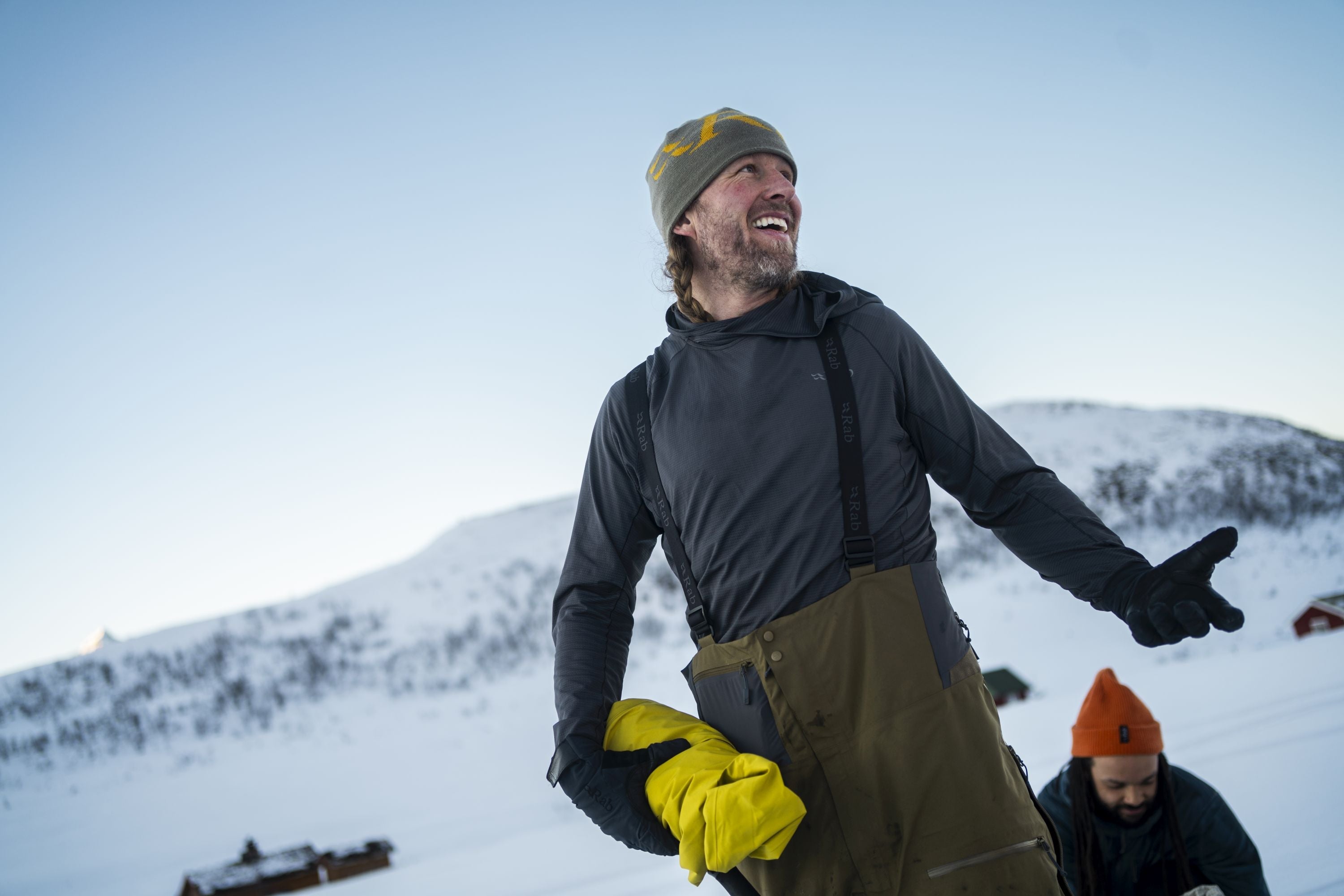
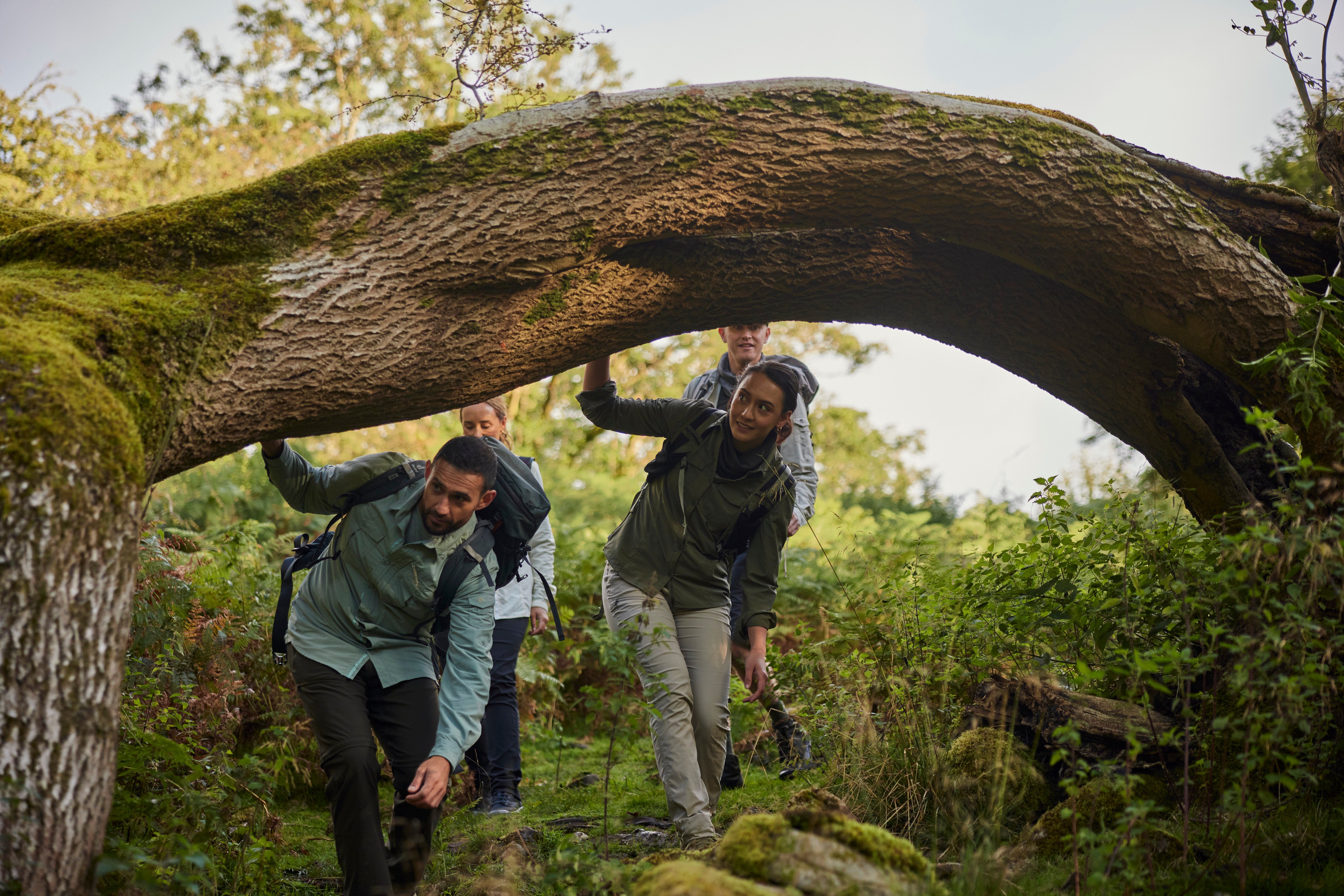

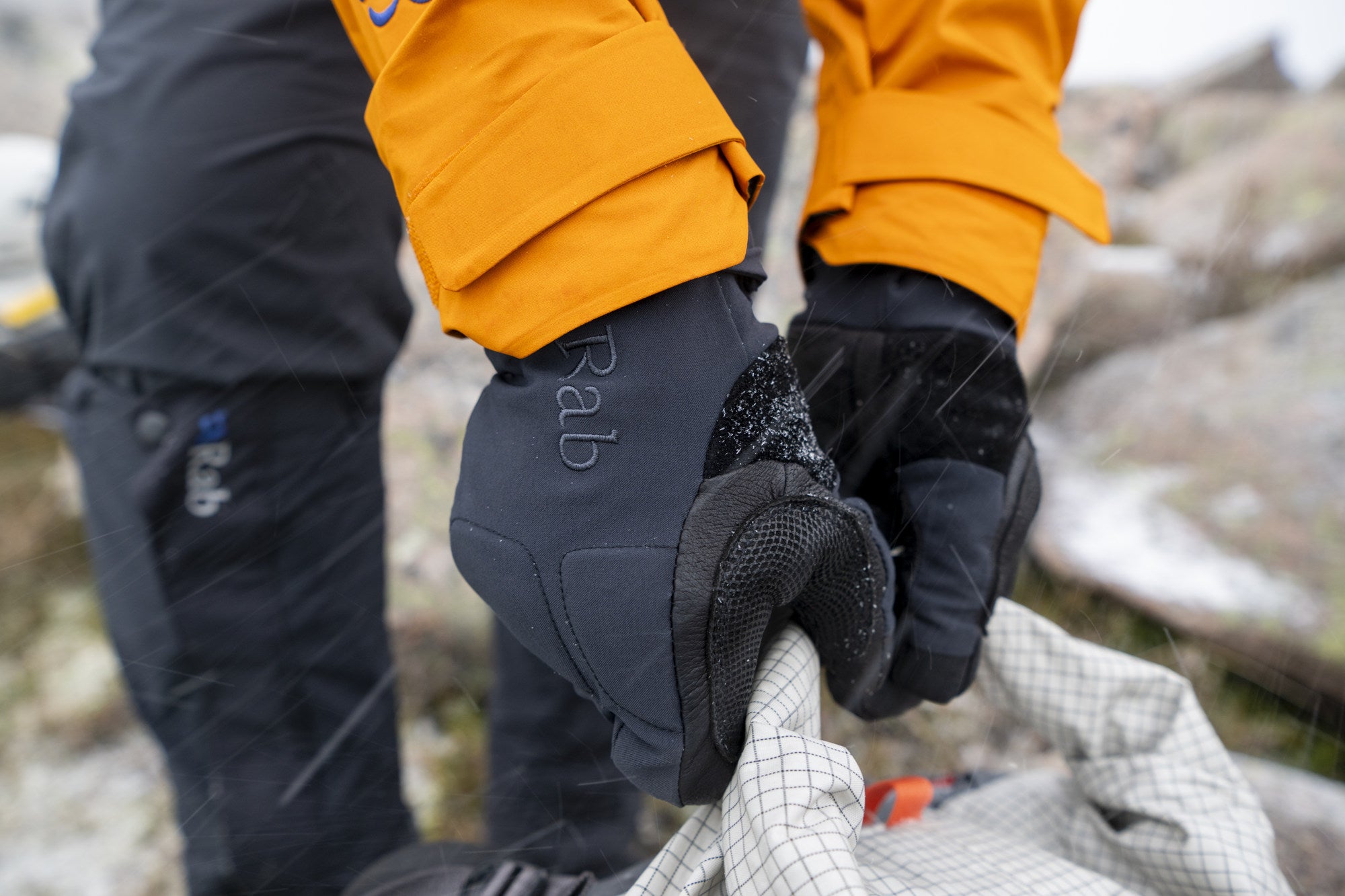
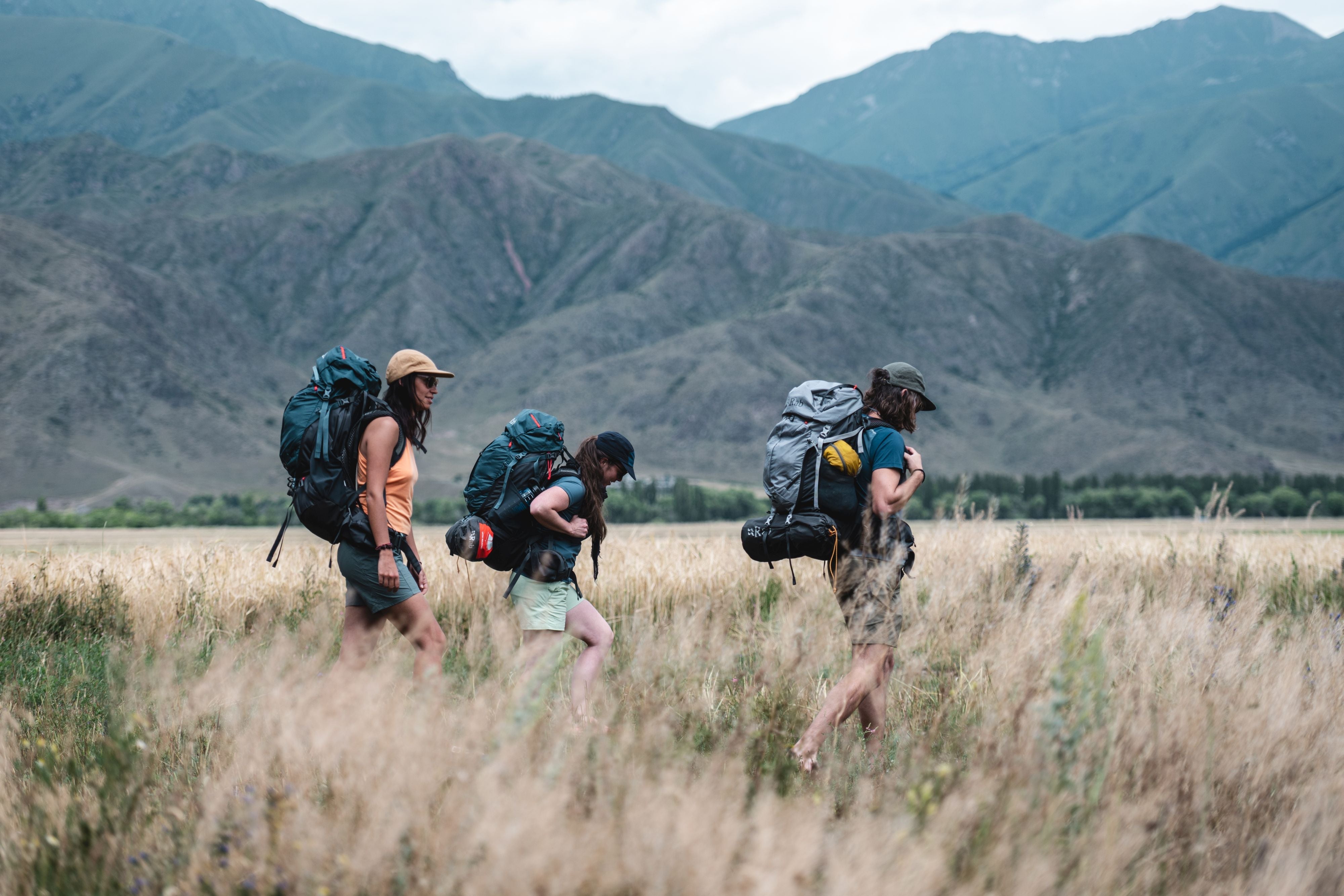
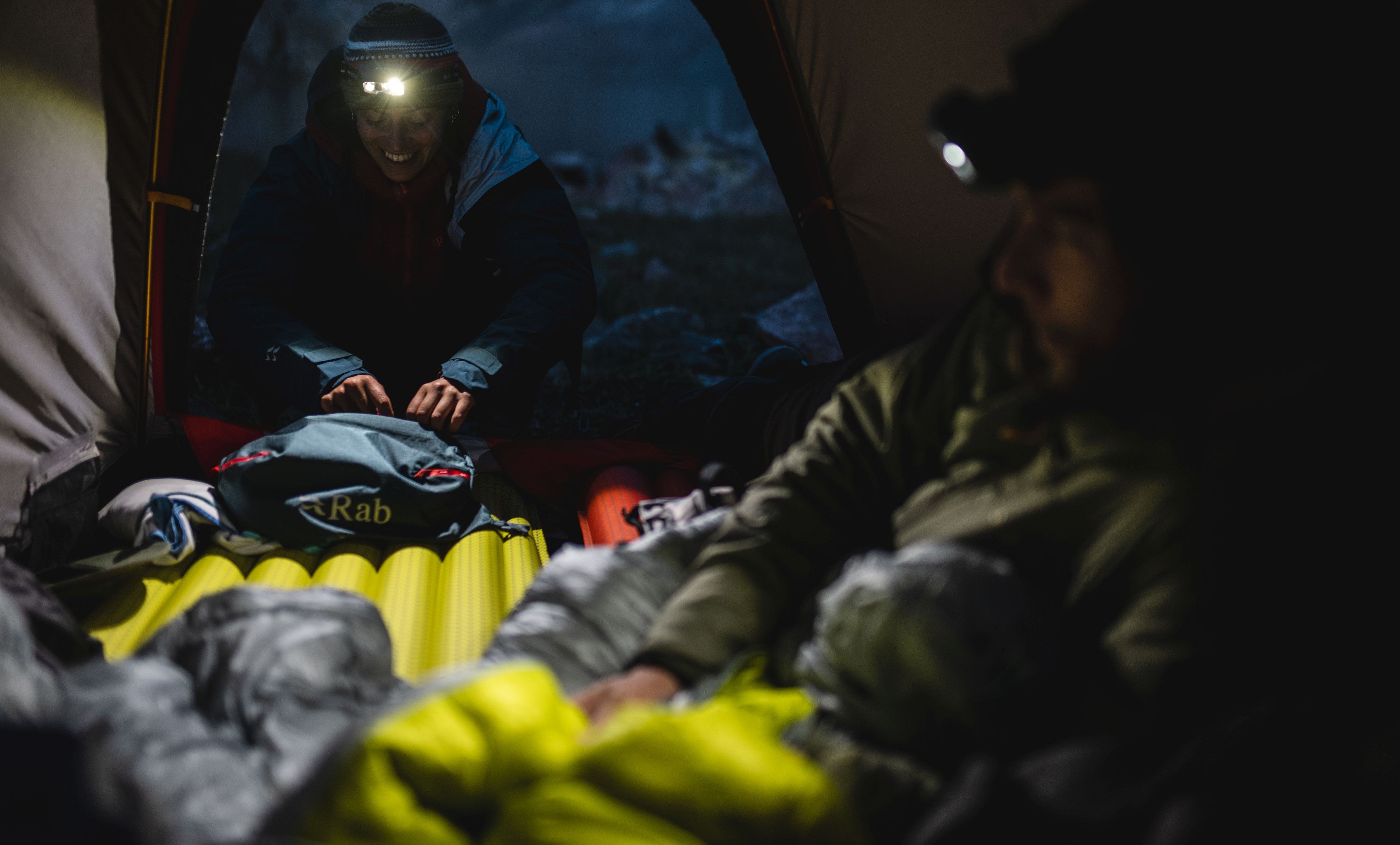
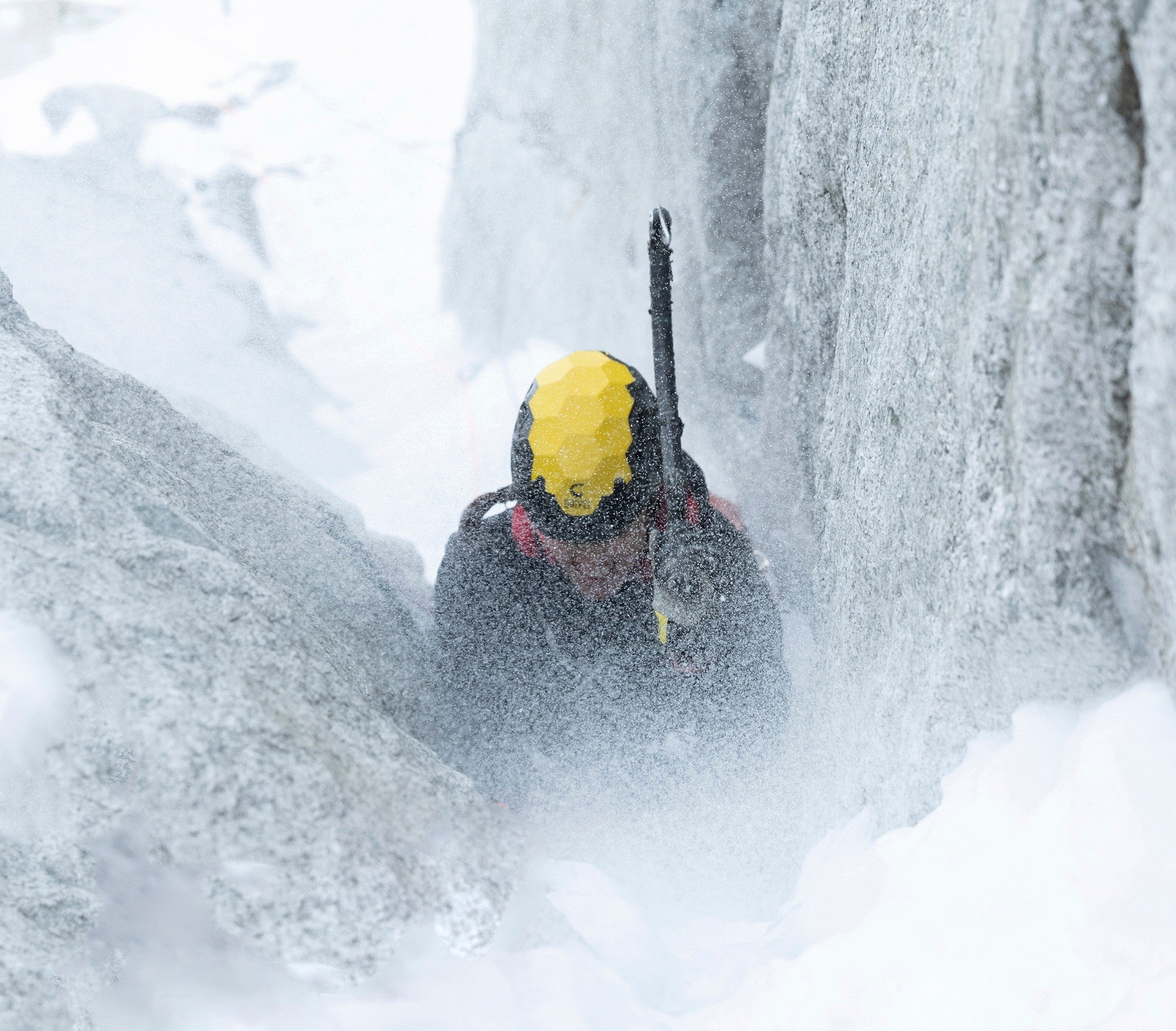
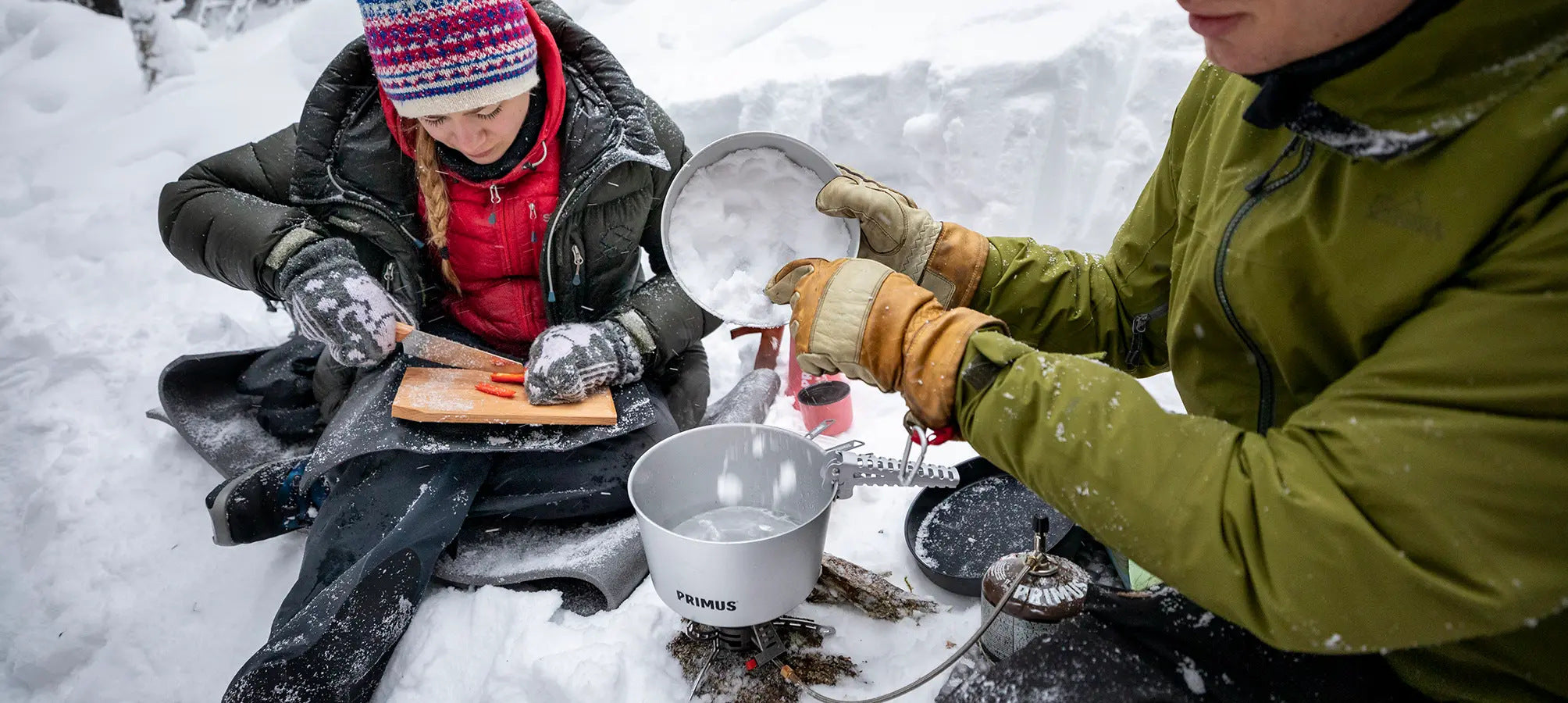

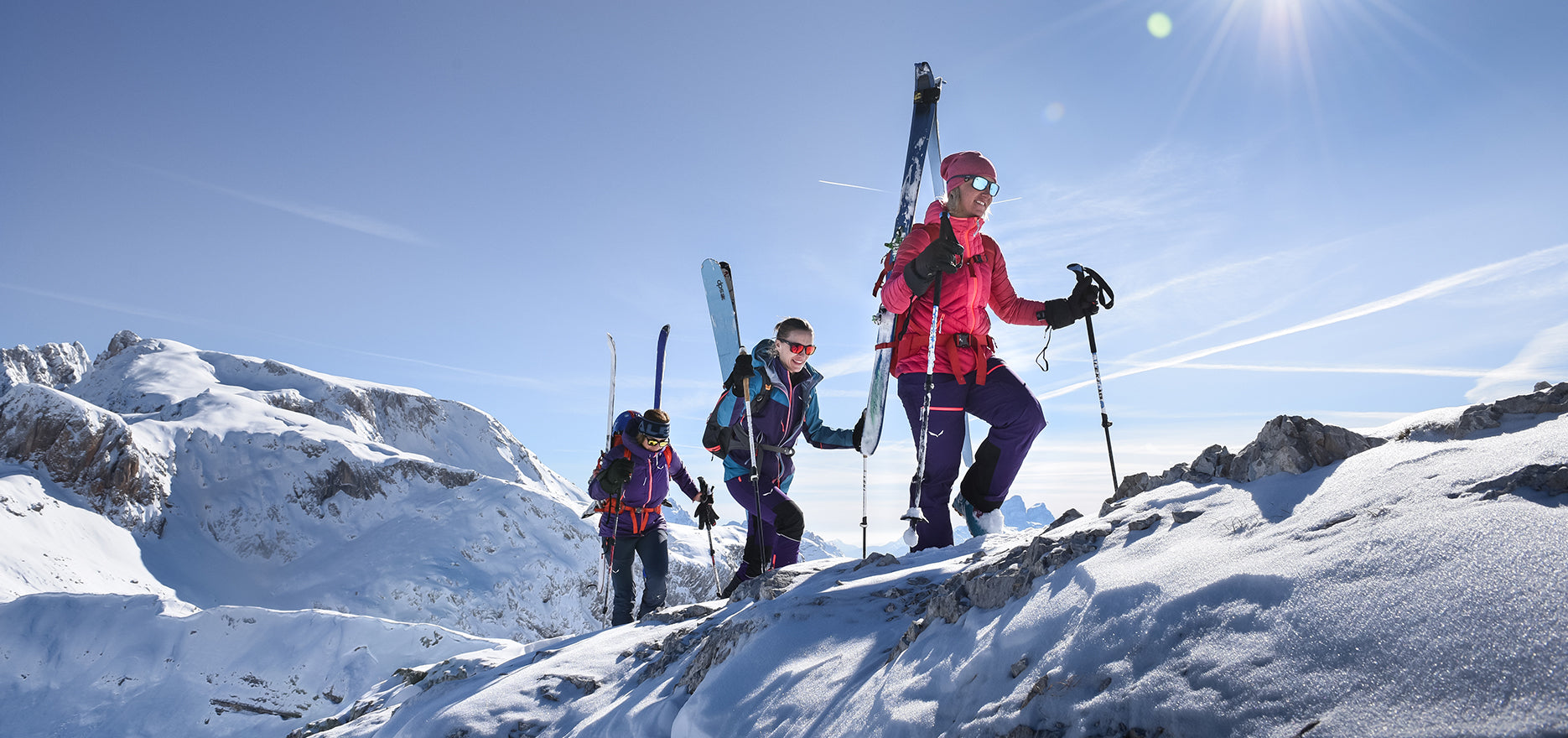
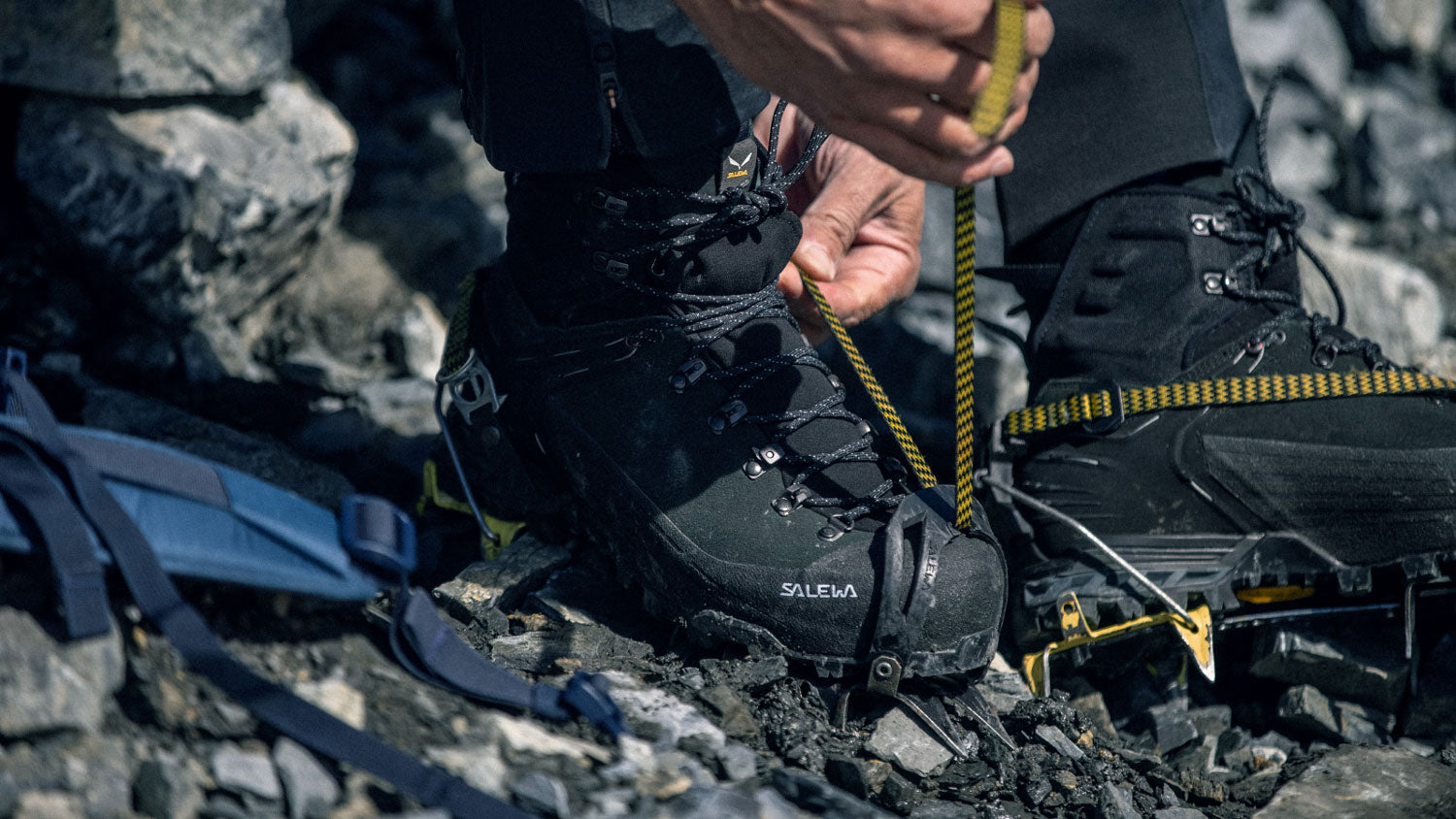

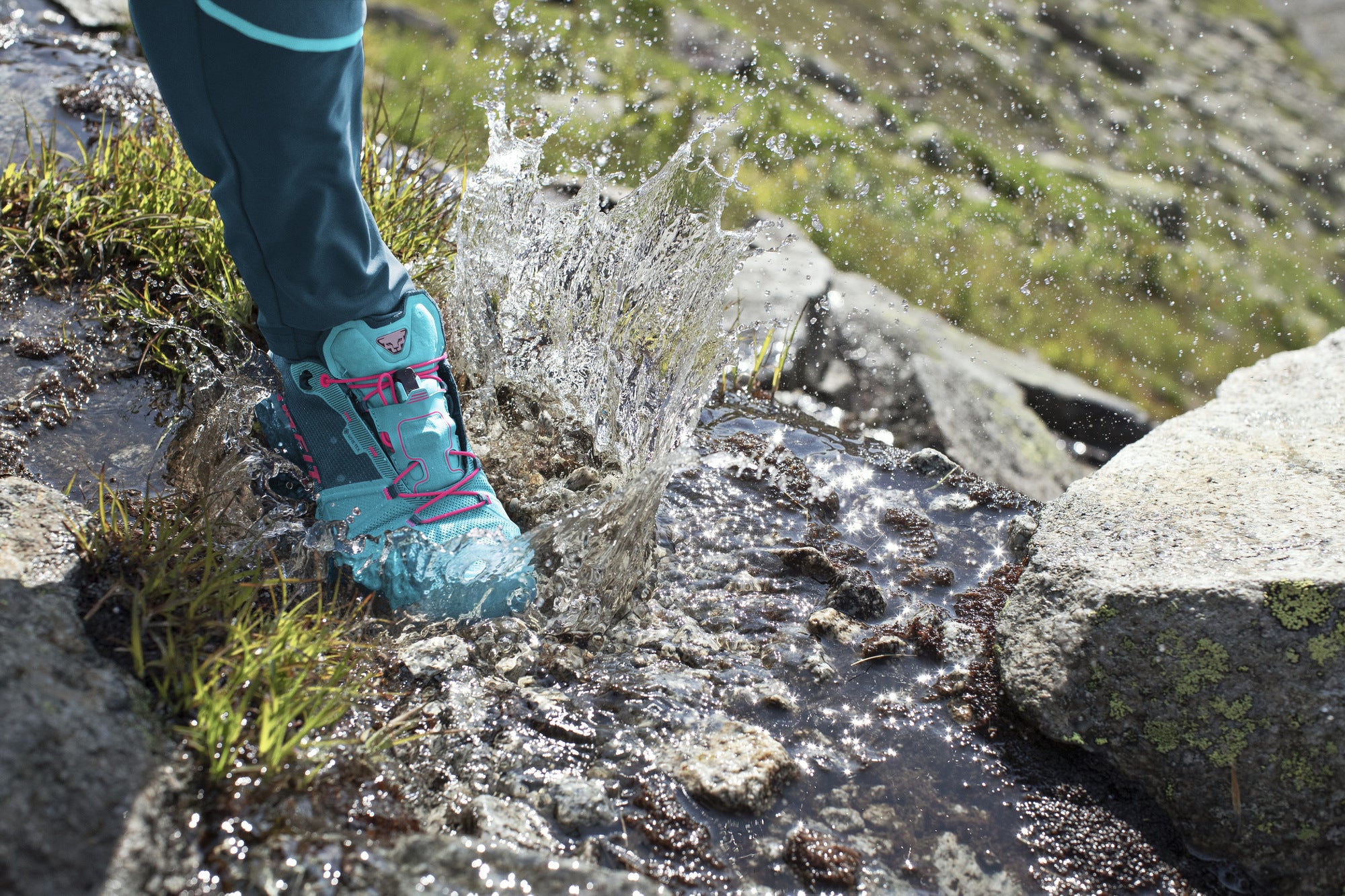
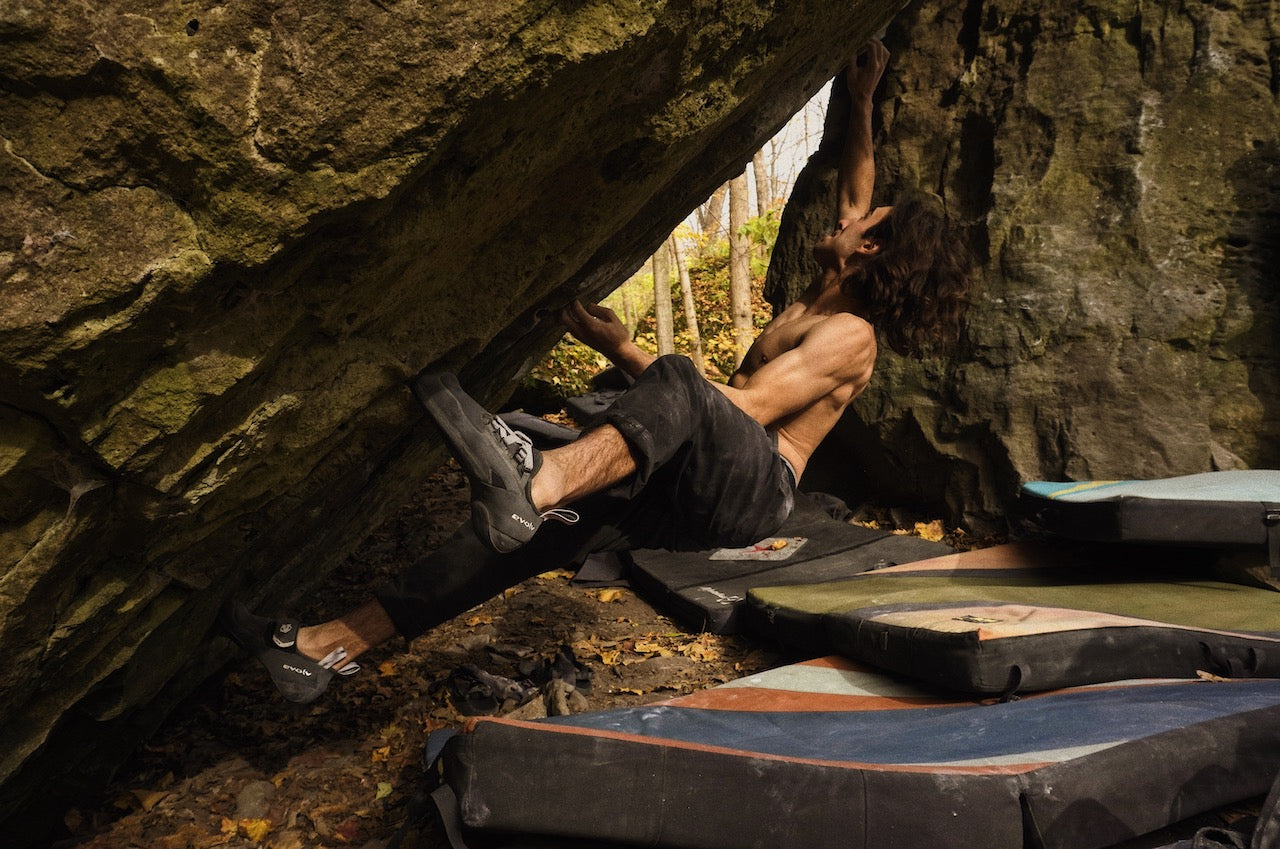
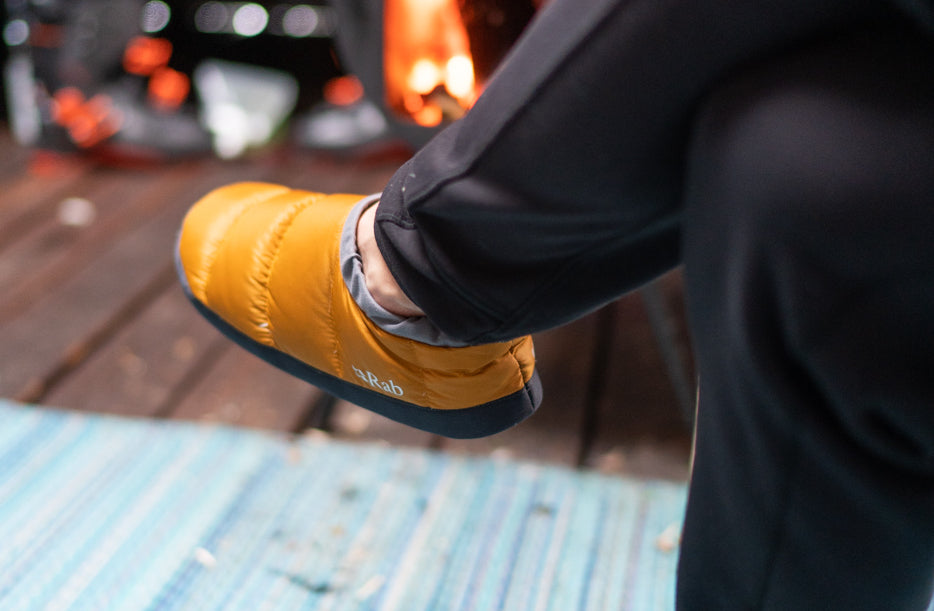
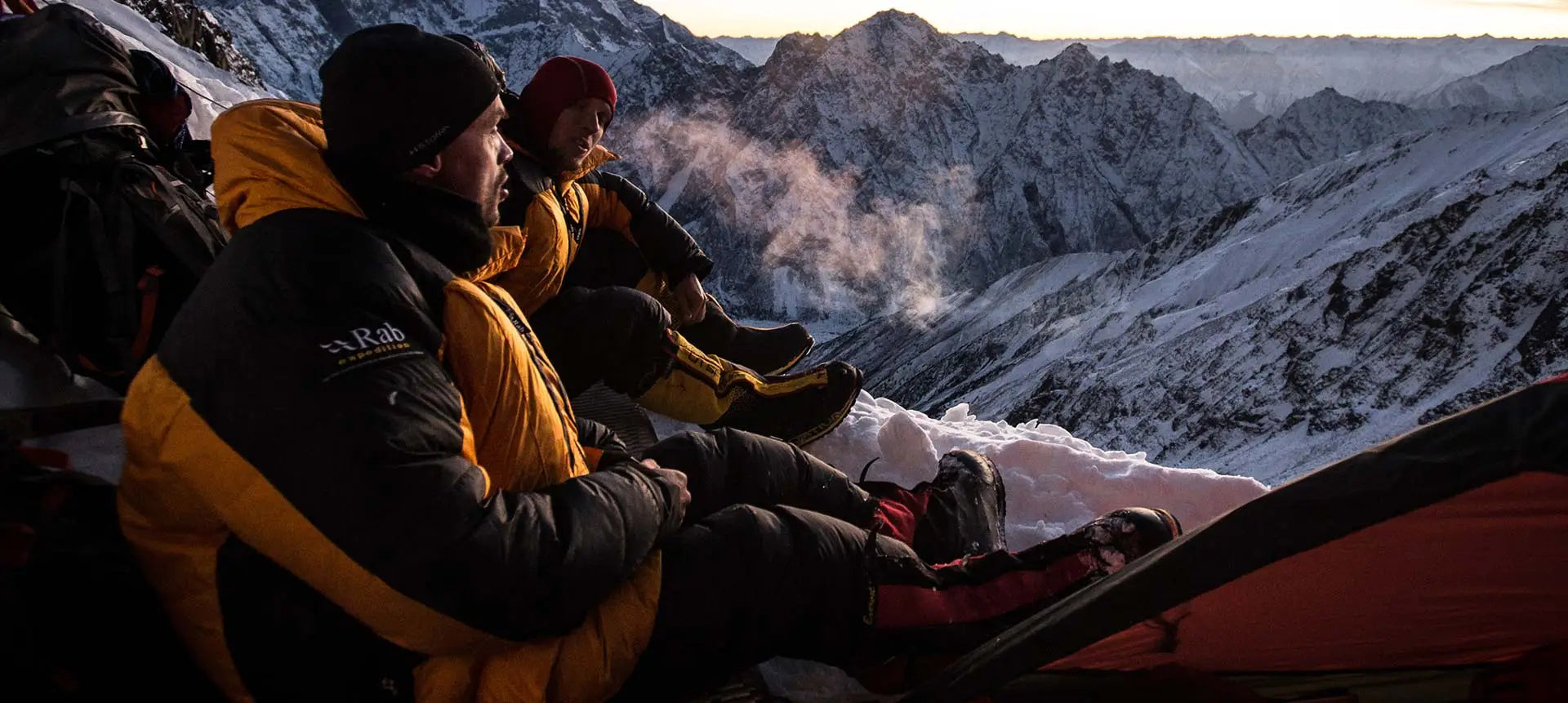
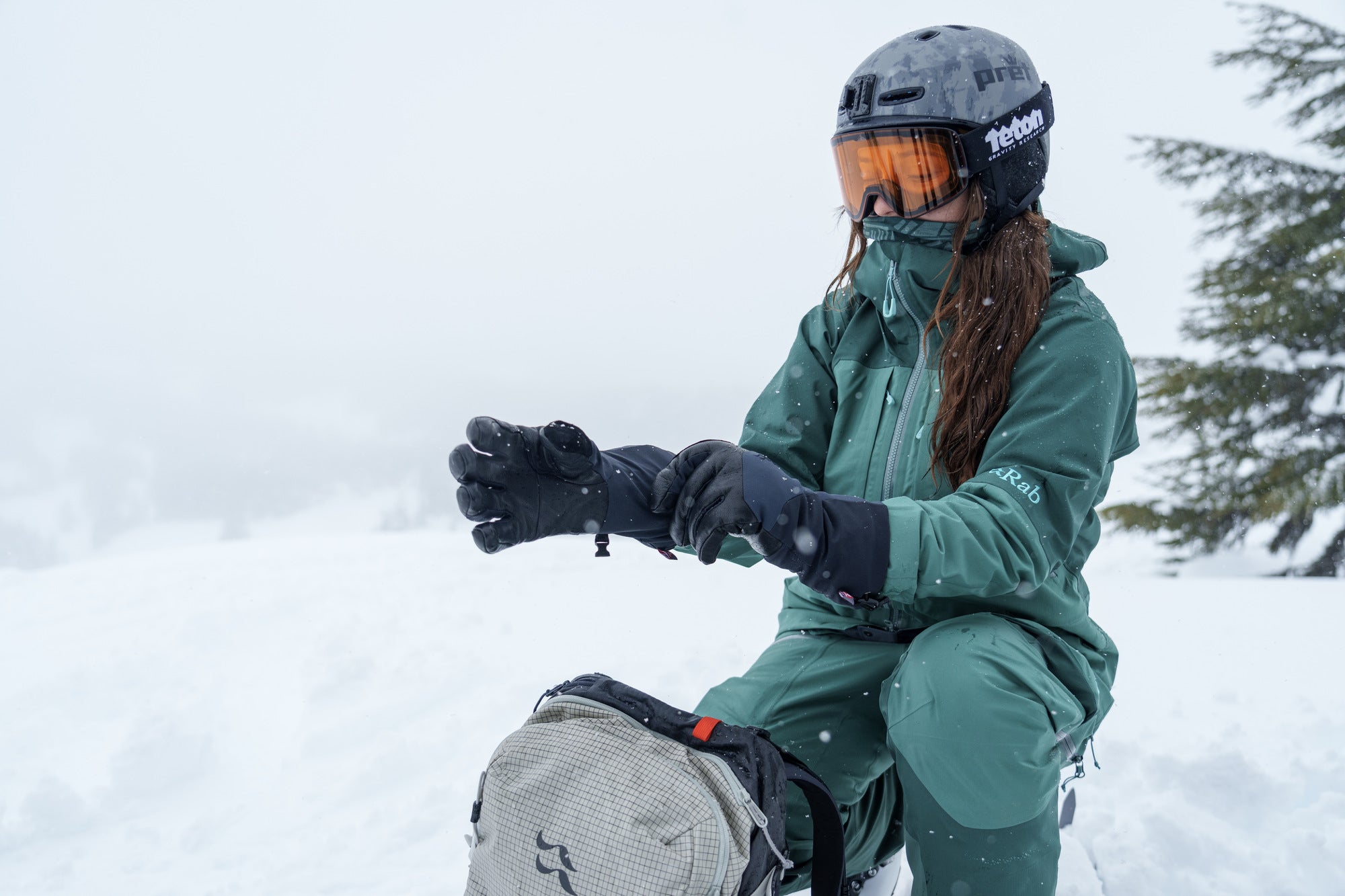
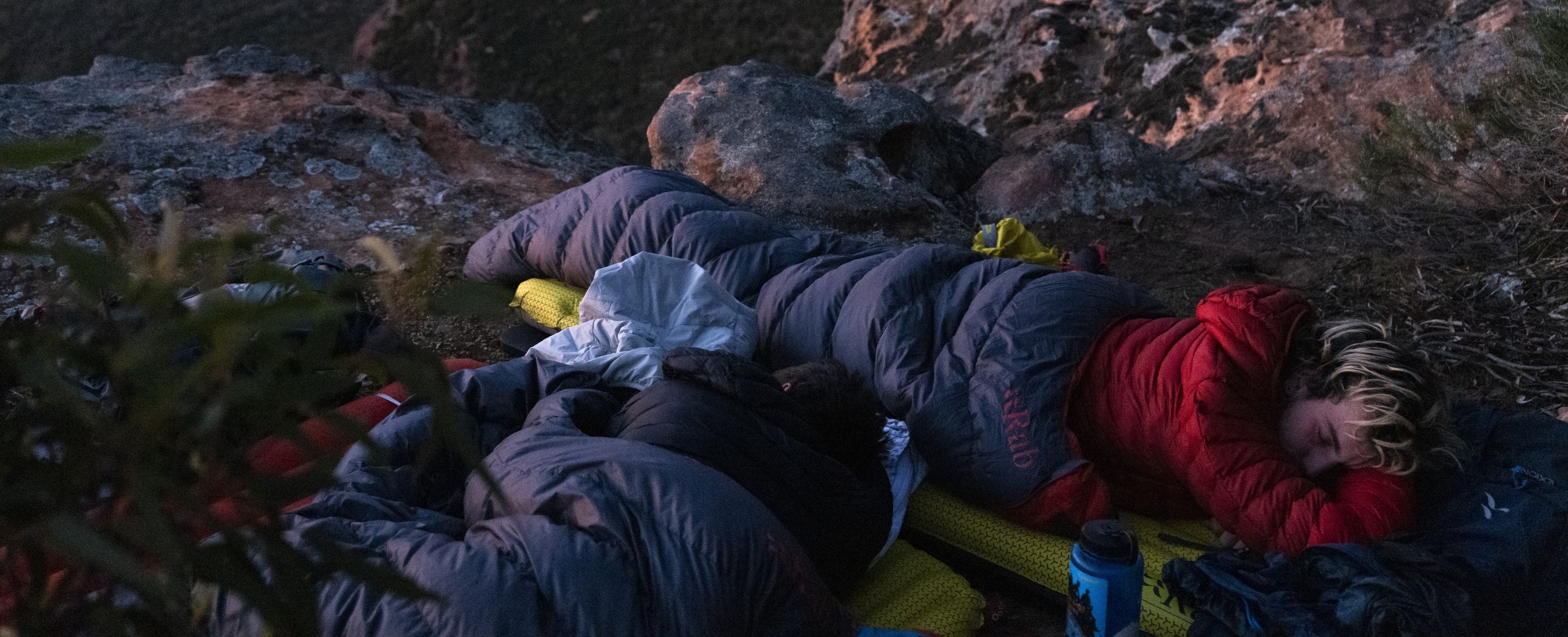
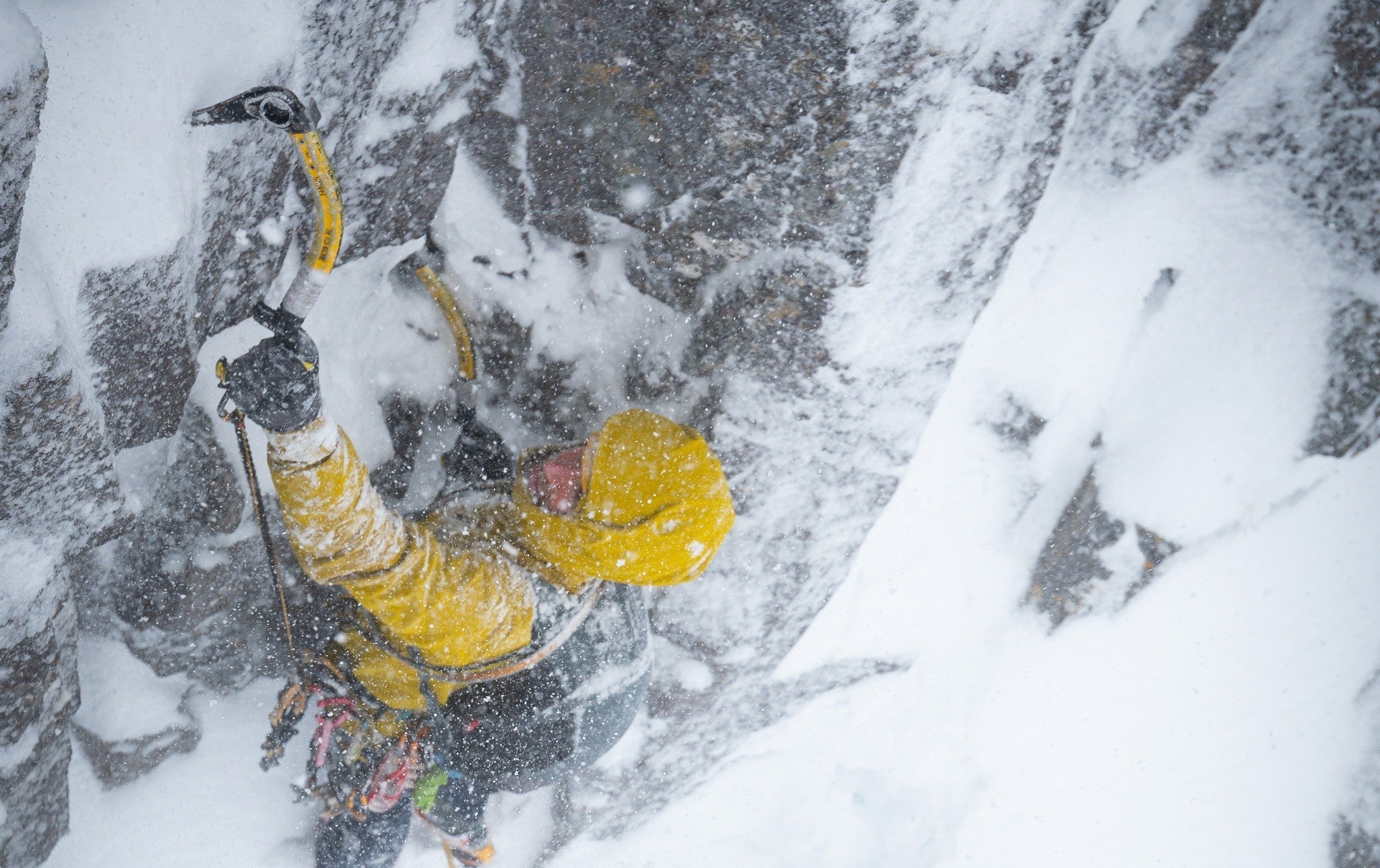




Leave a comment